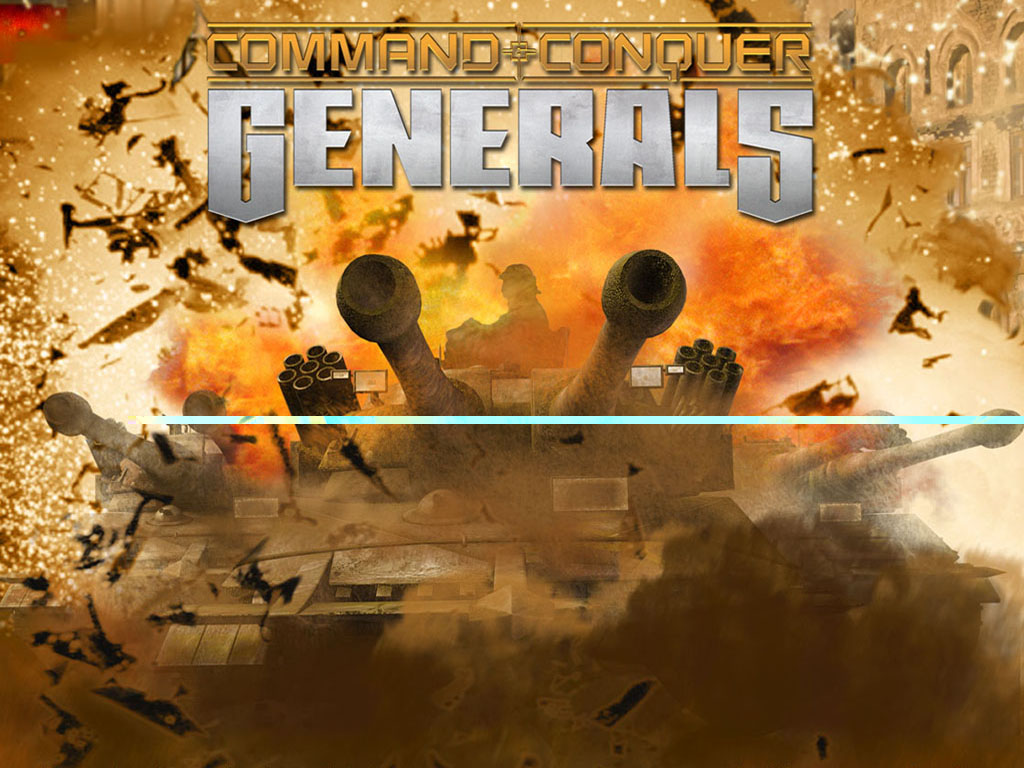

Scipio Africanus: Victor over Hannibal’s army at Zama (202 B.C.), Scipio conquered Carthage for Rome, adding North Africa to the Roman Empire.Hannibal: Considered Rome’s “public enemy number one,” Hannibal was a brilliant Carthaginian general who won the ancient world’s most famous battle – Cannae, the classic double envelopment (216 B.C.).Qin Shi Huang: As first emperor of China (221-210 B.C.), Huang built the Great Wall, established a centralized government and unified the country through military conquest.Alexander the Great: Son of Philip II of Macedon, Alexander took the army his father had forged and conquered the known world from the Ionian Sea to India (336-323 B.C.).Philip II: Macedonian King Phillip conquered the Greek states (by 337 B.C.) and created the magnificent army that he bequeathed to his son, Alexander.Miltiades: Miltiades was an Athenian general whose innovative tactical deployment allowed his outnumbered force to destroy the Persians at Marathon (490 B.C.).Themistocles: Themistocles, an architect of the Athenian Empire, ended the Persian threat with his triumph at the naval Battle of Salamis (480 B.C.), preserving Western civilization.Leonidas: Sparta’s King Leonidas led “the 300” against thousands of Persians during the heroic defense of the mountain pass at Thermopylae (480 B.C.).His most famous victory was the capture of Jericho, and he also conquered Canaan (circa 1200 B.C.). Joshua: Joshua was an ancient Israelite commander and Moses’ successor.Yet regardless of where these men commanded-whether on land, sea or in the air-each proved to the world that he was an extraordinary leader.

Many of the “top 100” experienced war at the “sharp end”- Chesty Puller and Hal Moore are prime examples-while men like Helmuth von Moltke and Dwight Eisenhower directed operations from staff headquarters located far away from the fighting lines. Others on the list such as Alexander the Great and Napoleon are famous for their consistent excellence in numerous encounters and campaigns. Some leaders are best known for a single significant battle Leonidas at Thermopylae and Alexander Nevsky at Lake Peipus fall into this category. We combed through 3,000 years of history to identify “standout” military commanders whose battlefield prowess, impact on the conduct of war in their respective eras, or significant contributions to the development of warfare helped create the world we live in today. The 100 Greatest Generals of All Time Close


 0 kommentar(er)
0 kommentar(er)
